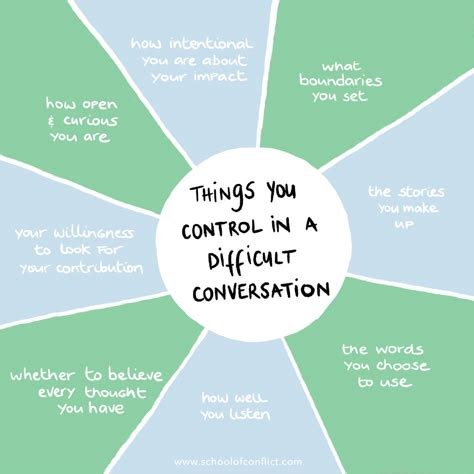The Importance of Calm Communication
Every relationship faces its share of challenging topics, from finances and family dynamics to personal habits and future plans. While these discussions can feel daunting, approaching them calmly and constructively is crucial for strengthening your bond rather than creating distance. Escalating arguments often stem from a lack of preparation and effective communication strategies. Learning to engage in difficult conversations with composure can transform potential conflicts into opportunities for deeper understanding and connection.

1. Prepare and Choose the Right Moment
Before initiating a difficult conversation, take some time to reflect on what you want to achieve. What are your feelings, needs, and concerns? Consider potential solutions or compromises. It’s also vital to choose an appropriate time and setting. Avoid bringing up sensitive issues when one or both of you are stressed, tired, or distracted. Opt for a calm environment where you both can give your full attention without interruptions. A casual walk or a quiet evening at home might be more conducive than a busy restaurant or a rushed morning.
2. Start with a Soft Opening and Use “I” Statements
The way you begin a discussion significantly impacts its trajectory. Instead of launching into accusations or criticisms, start with a soft opening that expresses your feelings and concerns without blame. Using “I” statements is a powerful technique for this. For example, instead of saying, “You never help with chores,” try “I feel overwhelmed when the house is messy, and I would appreciate more help.” This focuses on your experience rather than attacking your partner, making them less likely to become defensive.

3. Practice Active Listening and Empathy
Effective communication is a two-way street. Once you’ve expressed your point, give your partner the space to share their perspective without interruption. Practice active listening: pay full attention, make eye contact, and avoid formulating your response while they’re speaking. Show empathy by trying to understand their feelings and viewpoint, even if you don’t agree. You can say things like, “I hear that you’re feeling X because of Y.” This validates their emotions and creates a safer space for open dialogue.
4. Take Breaks When Emotions Run High
It’s natural for emotions to surface during difficult conversations. If either of you starts to feel overwhelmed, angry, or frustrated, it’s wise to call a temporary halt. Agree on a signal or phrase to indicate the need for a break, such as “Let’s pause this for a moment.” Use this time to cool down individually – take a walk, listen to music, or do something calming. Agree on a specific time to revisit the conversation, ensuring it’s not simply abandoned. Returning to the discussion with a clearer head can prevent regrettable words and actions.

5. Focus on Solutions, Not Just Problems
Once both perspectives have been heard and understood, shift your focus towards finding a resolution together. Approach the discussion as a team working against a problem, not against each other. Brainstorm potential solutions, no matter how small or unconventional they may seem initially. Be open to compromise and be willing to meet your partner halfway. The goal is to reach a mutually agreeable outcome that addresses both of your needs and strengthens your relationship moving forward.
6. Practice Patience and Forgiveness
Mastering calm communication is a skill that takes time and practice. There will be times when discussions don’t go as smoothly as planned, and that’s okay. Be patient with yourself and your partner. If a conversation becomes heated, acknowledge it, apologize if necessary, and commit to trying again later. Forgive mistakes, learn from them, and keep practicing these strategies. The effort you both put into communicating respectfully will pay dividends in the long-term health and happiness of your relationship.

Conclusion
Discussing difficult topics calmly is an essential pillar of a strong and resilient relationship. By preparing thoughtfully, starting gently with “I” statements, actively listening, knowing when to take breaks, and focusing on collaborative solutions, you can transform challenging conversations into opportunities for growth and deeper intimacy. These skills require conscious effort, but the investment in calm, respectful communication will foster a more secure, understanding, and loving partnership.




